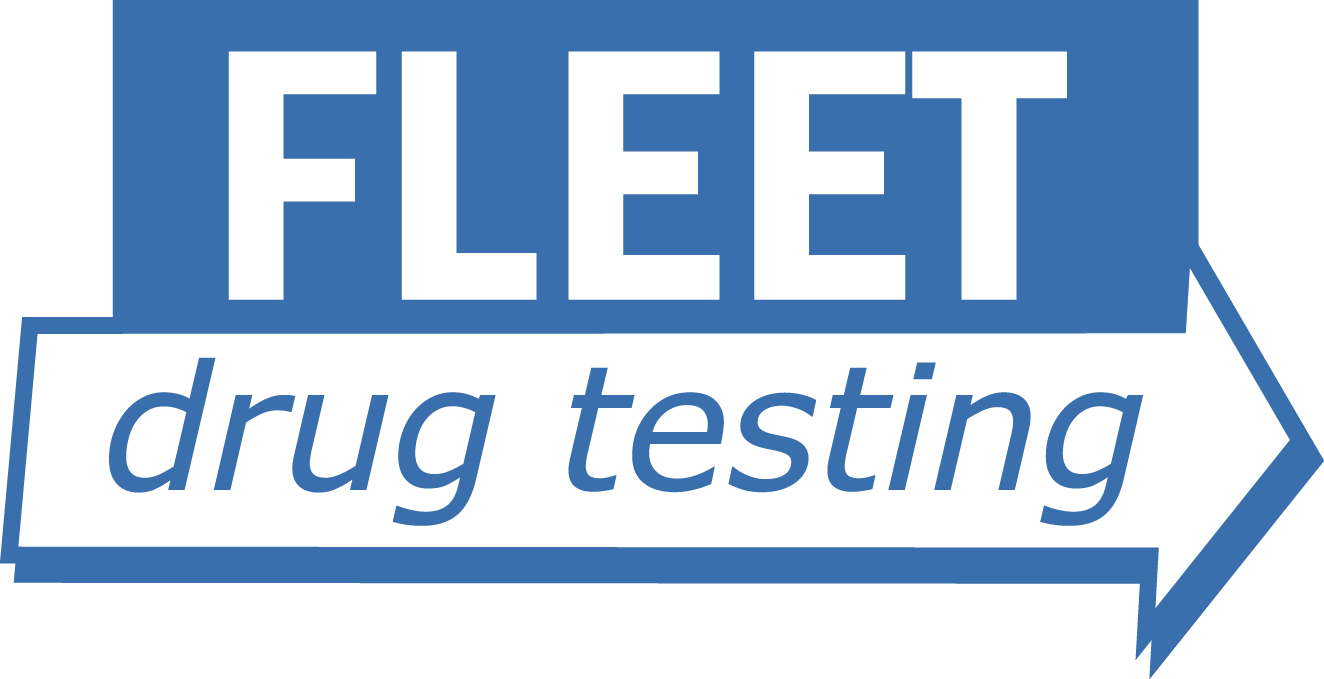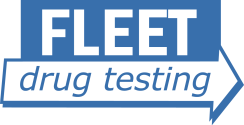Most truck drivers are aware of the various federal regulations relating to their job. These regulations are important for truck drivers, as they are designed to promote safety on the roads and protect them, passengers, and other road users from accidents and injuries caused by much larger commercial vehicles.
One of the most important regulations that every truck driver has to comply with is the Department of Transportation’s (DOT) drug and alcohol testing requirements. For many truck drivers and the companies they work for, these tests can mean the difference between staying on the road and having to miss critical opportunities to transport and move products. While these regulations require drug and alcohol testing, there are a variety of different methods for compliance. One that is becoming increasingly common is hair follicle testing.
What Are The DOT Regulations For Drug and Alcohol Testing?
DOT drug testing is vital for promoting safety on the roads and maintaining compliance with federal regulations. It helps to:
- Prevent accidents
- Reduce injuries and fatalities
- Promote a culture of safety
For companies in the transportation industry, drug testing programs are an essential tool to:
- Ensure compliance
- Protect their reputation
- Maintain a safe and productive working environment for their employees
While these drug testing programs are important, they’re also extremely specific about when they need to be implemented. Regulations require employers to conduct drug and alcohol testing at various times, including:
- Pre-employment testing – All safety-sensitive transportation employees must undergo drug testing before they are hired.
- Random testing – Employees must be subject to random drug testing throughout their employment. The specific number of random tests required each year may vary depending on the mode of transportation.
- Post-accident testing – If an employee is involved in an accident, they must undergo drug testing as soon as possible after the accident, usually within a few hours.
- Reasonable suspicion testing – If an employer has reason to suspect that an employee is using drugs, they may require the employee to undergo drug testing.
- Return-to-duty testing – If an employee has tested positive for drugs, they must undergo drug testing before returning to safety-sensitive duties.
These regulations further require the following for drug and alcohol testing:
- Drug testing – The DOT requires testing for marijuana, cocaine, amphetamines, opioids, and PCP. Testing must be conducted using urine samples collected in a DOT-approved facility and must be analyzed by a certified laboratory.
- Alcohol testing – The DOT requires alcohol testing using breath, saliva, or blood samples. Testing must be conducted using DOT-approved devices and must be performed by a trained technician.
While DOT regulations only refer to urine tests as being the method for collecting samples, Congress passed measures in 2015 that said hair follicle testing could be used as an alternative to urine tests for pre-employment and random testing. However, the DOT and Federal Motor Carrier Safety Administration (FMCSA) have yet to introduce it into official regulations. Still, should your employer have a policy that requires hair follicle testing, it may be helpful to understand how it works.
How Does Hair Follicle Testing Work?
Hair follicle testing is a method of drug testing that involves analyzing a small sample of hair to detect drug use. This type of testing is commonly used for pre-employment screening, workplace drug testing, and legal purposes. As it relates specifically to truck driving, this method is sometimes used to test drivers and other safety-sensitive personnel.
During a hair follicle test, the procedure works as follows:
- Collection – A technician will collect a small sample of hair from the scalp or other parts of the body, such as the arm or leg. The sample is usually about 1.5 inches in length and may contain multiple strands of hair.
- Preparation – The hair sample is washed to remove any external contaminants, such as dirt or oil, and dried before analysis.
- Analysis – The hair sample is cut into small sections and analyzed in a laboratory for the presence of drugs or their metabolites. The laboratory will typically use a technique called liquid chromatography-tandem mass spectrometry (LC-MS/MS) to detect and quantify the drugs.
- Confirmation – If a drug is detected, the laboratory will confirm the result using a second analysis method, such as gas chromatography-mass spectrometry (GC-MS).
- Reporting – The laboratory will report the results to the employer or agency that requested the test. The report will typically include the drugs detected and their levels, as well as any relevant cutoff levels or thresholds.
Generally speaking, hair follicle testing can detect drug use for a longer period of time than other types of drug testing. Because hair grows at a relatively consistent rate of about 1/2 inch per month, a hair follicle test can detect drug use over a period of several months, depending on the length of the hair follicle collected.
The most common drugs that hair follicle testing can detect include:
- Marijuana
- Cocaine
- Opioids
- Amphetamines
- PCP
The testing can also detect the frequency and level of drug use, which can be useful for determining the severity of the drug use.
Overall, hair follicle testing is a reliable method of drug testing that can provide accurate results for an extended period of time. However, it can be more expensive than other types of drug testing, and there’s no guarantee that the results will be compliant with the DOT’s requirements. The only way to guarantee compliance is to have drivers take a urine test.
Fleet Drug Testing Can Keep Your Company Compliant
If you’re running a trucking company, you know how important it is to ensure your drivers and other employees are following proper drug and alcohol protocols. Not only is it a legal requirement, but it’s also essential for the safety of your team and the public.
Fleet Drug Testing has the services you need to keep your company compliant with regulations and avoid potential legal and financial penalties. By working with our team of experienced professionals, we can help you promote a culture of safety and responsibility within your organization.
Don’t wait until it’s too late to take action – contact us today to start prioritizing drug testing today and help ensure the well-being of your employees and the success of your business.





